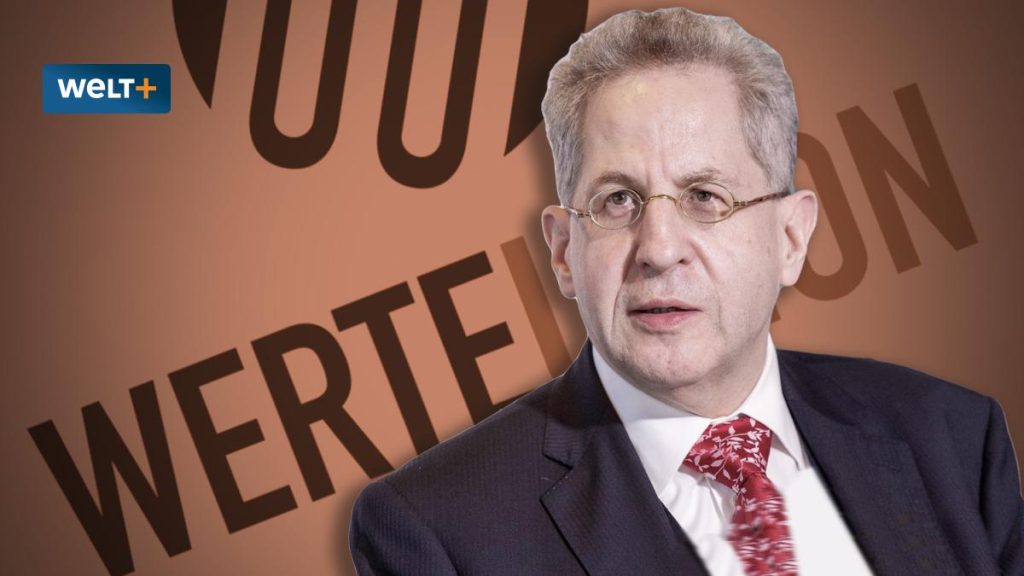Hans-Georg Maaßen, the former president of the German domestic intelligence service, has announced plans to give his new party a boost by establishing a regional branch in North Rhine-Westphalia. In a scathing attack, he criticized the ruling coalition of the Social Democrats, Greens, and Liberals, as well as his former party, the Christian Democrats, without mentioning the far-right Alternative for Germany (AfD). His statements and slogans echo elements from both the conservative Union parties, the AfD, and the Free Voters.
Maaßen’s decision to target North Rhine-Westphalia, Germany’s most populous state and a traditional stronghold of the Social Democrats, is seen as a strategic move to expand his party’s influence beyond its current base. By attacking both the ruling coalition and the CDU, Maaßen is positioning his party as a force to be reckoned with in the upcoming elections. However, his decision not to mention the AfD, a far-right party known for its anti-immigrant and anti-establishment positions, has raised eyebrows and fueled speculation about potential alliances in the future.
Critics have accused Maaßen of trying to court support from both conservative and far-right voters by adopting a mix of policies and rhetoric from different political camps. By borrowing elements from the Union parties, the AfD, and the Free Voters, Maaßen is trying to appeal to a broad spectrum of voters disgruntled with the current political establishment. However, this approach has also raised concerns about the potential radicalization of the political discourse and the normalization of far-right views within mainstream politics.
Maaßen’s decision to establish a regional branch in North Rhine-Westphalia is part of a broader strategy to expand his party’s presence and challenge the dominance of the established political parties. By targeting a key battleground state like North Rhine-Westphalia, Maaßen is hoping to capitalize on anti-government sentiments and mobilize support for his party in the upcoming elections. However, his failure to address the AfD, a major player in the German political landscape, has raised questions about his true intentions and potential alliances in the future.
As Maaßen’s new party gains momentum and starts to establish a presence in key regions like North Rhine-Westphalia, the traditional parties are facing a new and formidable challenger on the political scene. With a mix of conservative, far-right, and populist rhetoric, Maaßen is positioning his party as an alternative for voters disillusioned with the mainstream parties. Whether he will be able to translate this momentum into electoral success remains to be seen, but one thing is clear: Maaßen’s entry into politics is shaking up the German political landscape and forcing the established parties to take notice. Only time will tell how his party will fare in the upcoming elections and what impact it will have on the political discourse in Germany.















